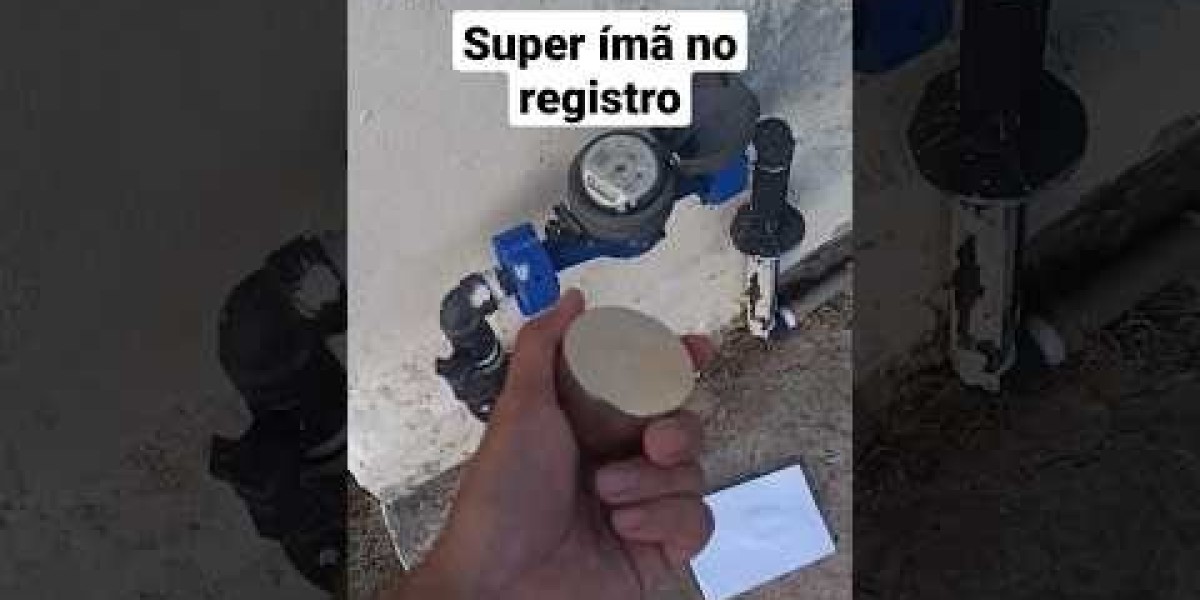The surfaces have been chosen to maximize liquid spreading. These traits tend to level out important performance advantages in low stress and low flow rates per cross-sectional space of the column. Tray Distillation column internals promote vapor-liquid contact so that each theoretical stage achieves equilibrium efficiently — enhancing the separation course of of every part of the liquid mixture. Factors such because the geometry of distillation column internals affect the extent and type of contact between the vapor and liquid streams. The openings in valve trays are covered with liftable caps that modify themselves in accordance with the vapour flow.
Galvanized Tanks v Poly Tanks
Our galvanized water tanks have three major applications. They are used as rainwater collection tanks, fireplace tanks, and well water storage tanks. A massive metal water tank from Aquamate has a 20 year "No Service Costs" Warranty. Lightweight steel panels and heavy duty galvanizing make Aquamate’s large steel water tank shells completely suited to water storage. Aquamate’s tank panels are lined with a galvanized coating that’s 1.forty five ounces per sq. foot (G145) – the thickest advertised coating available on the market. By using light-weight thin-gauge metal panels, Aquamate’s steel water tanks have all the required power to resist water, snow and seismic hundreds with out the surplus material cost. Built with AISI Stainless Steel Grade 304 material, skillfully crafted by well-trained craftsmen, designed with over forty years of industry management experience.
Gallons Galvanized Water Storage Tank
The space allowed for the passage of vapour on every tray is called the lively tray space. This FLEXITRAYTM valve tray is a steel sheet on which liftable valves are mounted. Thus, it is always recommended to gauge all practical solutions and approaches to come up with essentially the most suited design. As a rule of thumb, tray columns are extra efficient for columns with diameters above 0.6 meters.
STANDARD OPERATION PROCEDURE
The actual number of levels required for the separation further is dependent upon the general column effectivity or stage effectivity, which in turn is dependent upon operation conditions together with the mechanical design of the column internals. In common, excessive stage effectivity requires high liquid move fee on the tray to maintain a deep pool of liquid for lengthy contact time. High vapour velocity can be essential to generate enough effervescent and high interfacial area for vapour-liquid contact, and so high stage effectivity as proven within the efficiency diagram in Figure 2.6. In distinction, low vapour and liquid move charges generally lead to low efficiency as a outcome of quick contact time and weeping in circumstances corresponding to sieve tray. However, at high vapour velocity, small droplets of liquid may be carried up by vapour to the highest tray, causing sufficient entrainment and even flooding, and far lowered stage effectivity. As well, high vapour flow rate and deep liquid level on the tray each lead to high stress drop for the vapour to flow via the tray.
2. Tray Column Performance and Design
The perform of a tray is to combine the vapor and liquid together to type a foam. Vapors bubble up through the tray sieve holes, where the vapor comes into intimate contact with the liquid. The fluid on the tray is a combination of vapor and liquid in the type of froth or foam. This foam ought to separate again into a vapor and a liquid on the tray and within the downcomer. If the froth can not drain rapidly from a downcomer onto the tray beneath, then the foamy liquid will back up onto the tray above. The sieve tray is the only kind of cross-flow plate.
Operating at Partial Reflux
High liquid loads can create either downcomer backup flooding or downcomer choking.Backup flooding occurs when the froth top in the downcomer backs up over the weir of the tray above. It commonly outcomes from a hydraulic restriction on the downcomer exit together with high total tray pressure drop. Downcomer choking, in contrast, is a operate of the downcomer entrance situations. When the velocity of the froth coming into the downcomer is merely too high, the vapor is not capable of properly disengage from the liquid.
Tray valves or caps close off at a low vapour fee, thus stopping the liquid from moving down from the tray. As the vapour rate increases, the valve lifts, and the open area for vapour move additionally enhance. As properly, the above process is often used to troubleshoot operation problems in sensible distillation operations. For a distillation column design, if the general column efficiency, $ E_o $, is understood, then the actual variety of trays required or column top for a specified separation can be determined. The sieve trays are sieve 57, where the opening diameter is 5mm.
Explore a wide selection of dependable water trucks for sale.
The flowing liquid is transferred from the plate to the plate through downcomers. A sure degree of the liquid is retained on the plate by an outlet weir. However, these liquid rate guidelines usually are not absolutes as there might be often vital overlap in the liquid flow price ranges for varied kinds of column internals. In some cases, a mix of trays and packings are used in distillation systems relying on the feed nature and composition, and the specified distillate.
This approach does not increase capability in a linear fashion. Generally speaking, capability will increase with the sq. root of the tray spacing.High capacity deck designs often use smaller orifices. Smaller sieve holes or valves have a tendency to reduce localized momentum of the vapor flowing through the orifices. Essentially, smaller streams have a harder time penetrating the froth on the tray deck and subsequently don't carry as a lot entrainment upward. With typical cross-flow trays, aerated froth enters the downcomer from the tray above. As the froth flows into the downcomer, a lot of the vapor disengages from the liquid and returns to the tray house above, leaving a degree of clarified liquid within the downcomer that flows to the tray below.







